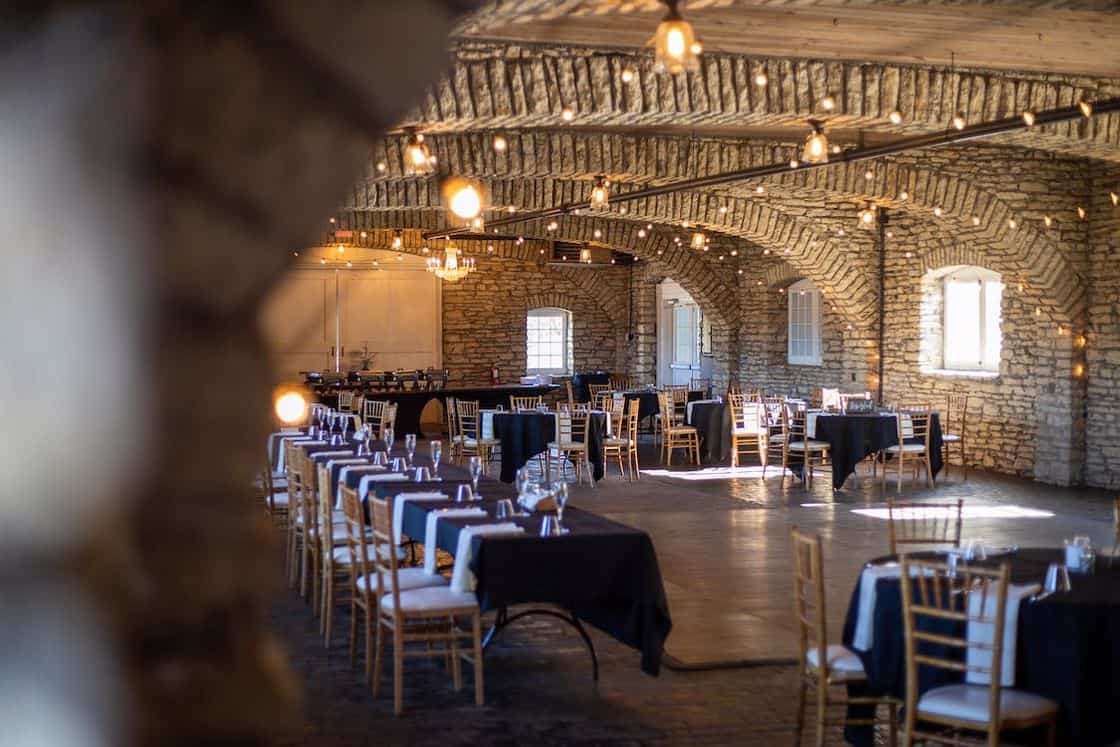Understanding Exactly How Occasions Manufacturing Functions: A Comprehensive Overview of the Process
The details of occasion manufacturing need a methodical strategy that integrates numerous stages, each playing a critical function in the total success of an occasion. From the preliminary planning and idea advancement to the meticulous control of logistics, every element should straighten seamlessly to attain the wanted result. Comprehending the nuances of budgeting, resource allocation, and on-site administration is important for any type of professional in this area. As we check out these elements further, it ends up being obvious that the procedure is not just regarding implementation yet likewise concerning continual renovation and strategic assessment. What insights can we obtain from each stage?
Preliminary Preparation and Concept Development
Reliable initial planning and idea growth function as the foundation for effective events production. This stage involves specifying the occasion's function, target audience, and wanted results. A clear vision is essential; it guides all subsequent choices and assists line up the group's initiatives towards a typical goal.
Throughout this stage, brainstorming sessions can be very useful. Engaging stakeholders, including customers, sponsors, and potential participants, promotes a collective setting that creates ingenious ideas. Additionally, complete marketing research must be carried out to comprehend patterns, choices, and prospective obstacles.
When the concept is established, it is important to produce a comprehensive occasion rundown. This rundown ought to consist of the event's style, format, and essential tasks. Developing a timeline is just as vital, as it aids to take care of jobs and target dates successfully.
Budgeting and Resource Appropriation
With a solid idea in location, attention should transform to budgeting and source allowance, which are essential elements in carrying out the event effectively. A distinct budget plan offers as a roadmap, describing all anticipated costs and offered sources. It begins with identifying repaired and variable expenses, consisting of location rental, wedding catering, staffing, innovation, and advertising. Each category must be thoroughly computed to prevent overspending and to guarantee that funds are designated appropriately.
Resource appropriation entails appointing both economic and human sources to numerous jobs and parts of the event. Prioritization is essential; vital components should get adequate financing while less vital aspects may need an extra conservative method. Contingency preparation is critical-- assigning a part of the budget for unanticipated expenditures can alleviate monetary threats.
In addition, efficient interaction amongst staff member relating to spending plan restraints fosters partnership and technology. This promotes the responsible usage of resources and encourages innovative options to remain within budget. Eventually, a strategic technique to budgeting and source allowance prepares for a successful occasion, allowing coordinators to concentrate on providing a remarkable experience for participants while maintaining monetary stability.
Logistics and Coordination
Browsing the intricacies of logistics and sychronisation is vital for the smooth execution of any type of event. This phase entails meticulous planning and company to ensure that all elements operate in harmony. Key aspects consist of venue choice, transport setups, and the scheduling of different tasks.
This consists of understanding the layout, gain access to factors, and readily available sources. Working with these components calls for cooperation with suppliers, distributors, and transportation services to guarantee timely shipments and pickups.
An additional vital aspect is the development of a comprehensive timeline that outlines all logistical components leading up to the event. This timeline functions as a roadmap, describing crucial landmarks and deadlines for tasks such as tools arrangement, providing services, and audiovisual installations. Regular interaction with all stakeholders is vital to attend to any type of prospective issues proactively.
Implementation and On-Site Monitoring
Successful implementation and on-site administration are essential for transforming meticulous plans into fact throughout an occasion. This stage includes the seamless control of various components, ensuring that every detail lines up with the well established site link vision. On-site managers play a crucial duty, working as the main point of interaction among suppliers, personnel, and stakeholders. Their capability to make real-time decisions can significantly impact the event's success.
A distinct schedule is vital, directory working as a roadmap for all activities. Occasion supervisors should make certain that configuration takes place on time, adhering to timelines for audio checks, providing deliveries, and guest arrivals. Reliable problem-solving skills are likewise vital; unforeseen difficulties can emerge, requiring quick reasoning and flexibility to maintain the occasion's circulation.
This degree of engagement not only enhances the overall experience however additionally mirrors the professionalism and trust of the event group. Eventually, successful execution and on-site monitoring joint on in-depth preparation, effective interaction, and a dedication to delivering a phenomenal event for all entailed.

Post-Event Assessment and Responses
The conclusion of any kind of occasion exists not just in its implementation but also in the thorough assessment that complies with. Post-event assessment is crucial for figuring out the total success of the event and identifying areas for renovation. This process usually involves gathering comments from numerous stakeholders, consisting of guests, suppliers, and staff member, to acquire an extensive viewpoint on their experiences.
To structure the evaluation, event organizers typically use surveys and interviews, concentrating on essential performance indications such as attendee satisfaction, logistical effectiveness, and budget plan adherence. Evaluating this data permits organizers to assess whether the event satisfied its goals and to comprehend the toughness and weak points of the execution.
Additionally, compiling a thorough report summarizing the findings is essential for future referral. This documentation not only functions as an important resource for preparing subsequent events yet additionally promotes a culture of constant renovation within the organization. By systematically addressing responses and executing adjustments, occasion specialists can improve their approaches, Recommended Site ultimately resulting in more effective and impactful occasions. Finally, post-event analysis is a vital action in the occasion production process that ensures recurring growth and excellence in future undertakings.
Final Thought

The intricacies of event manufacturing need a methodical strategy that incorporates numerous phases, each playing a vital duty in the general success of an event.With a solid principle in place, interest has to transform to budgeting and source allotment, which are important parts in implementing the occasion efficiently.Source allocation entails designating both monetary and human sources to different jobs and parts of the event. Inevitably, a strategic approach to budgeting and source appropriation lays the foundation for a successful event, allowing organizers to concentrate on supplying a remarkable experience for participants while preserving economic stability.

Comments on “Behind the Scenes: The Magic of Effective Event Productions”